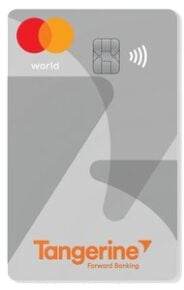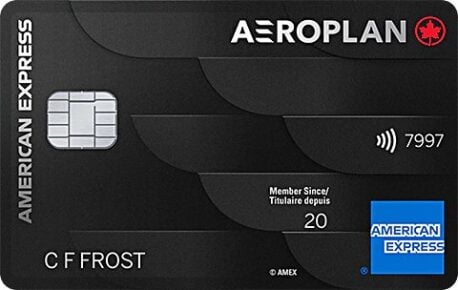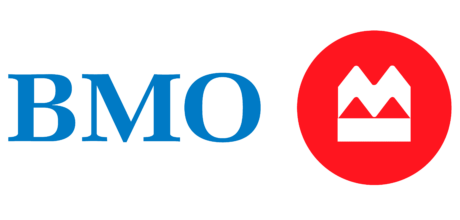Canada’s income tax rates are divided into different levels, often referred to as “brackets.” The income tax bracket you belong to depends on how much you earn and where you live.
Identifying your tax bracket is the first step to figuring out how much income tax you might have to pay.
What are tax brackets?
Tax brackets determine the rate of income tax people pay according to Canada’s graduated tax system. Generally, those with higher incomes fall into a higher tax bracket, so they pay a higher tax rate than those with lower incomes, who fall into lower tax brackets.
Current tax brackets in Canada
| 2023 Federal income tax bracket | 2023 Federal income tax rate |
|---|---|
| $53,359 or less | 15% |
| $53,359 up to $106,717 | 20.5% |
| $106,717 up to $165,430 | 26% |
| $165,430 up to $235,675 | 29% |
| $235,675 and above | 33% |
How tax brackets work in Canada
Each tax bracket has a corresponding rate of taxation. That rate is applied to the portion of your income that falls within the bracket.
An income of $60,000, for example, reaches the second federal tax bracket. If you make $60,000 this year, you’ll pay $15% tax on the first $50,197 of income, and 20.5% tax on the remaining $9,803.
Federal income tax is just one part of your total tax bill. In Canada, there are also provincial and territorial tax brackets to factor in. Provinces and territories each have their graduated tax brackets, income limits and tax rates that differ from one another and the federal rate.
This means that if you and a friend both make the same amount of money, but you live in Ontario and they live in British Columbia, your overall tax rates — federal plus provincial — may be different.
How to determine your tax bracket
As you’ve seen, your tax bracket depends on your taxable income and where you live in Canada. To figure out which federal and provincial tax brackets you are in, you’ll need to know your total taxable income as well as the current federal and provincial/territorial tax rates.
If you’re a full-time employee, and not sure of your exact annual income, your pay stub may be of some help. Each stub shows both your gross and net pay for the current pay period, as well year-to-date totals. The total year-to-date pay on your final pay stub of the year can help you estimate your tax bracket.
Before the tax season, your employer will also give you a T4 slip that summarizes your annual earnings and tax deductions for the year.
If you’re self-employed or freelancing and don’t get a traditional pay stub, you’ll need to keep close tabs on your gross income to determine which tax bracket it likely puts you in. Since your employers won’t be deducting taxes from your income, it will help if you can set this money aside yourself.
By March, you should receive a T4A slip from the CRA, which you can use to tally your income and various contributions for the year.
Can I move to a lower tax bracket?
Paying income tax is unavoidable if you’re living and working in Canada, but there are ways to stay in or move to a lower tax bracket, and potentially decrease your tax bill.
Tax deductions, which reduce your taxable income, are one way. Apply enough deductions to your income and you may slide into a lower tax bracket. The most common tax deduction in Canada is for contributions made to a registered retirement savings plan, or RRSP.
DIVE EVEN DEEPER

What Is a Tax Return?
A tax return is a form or forms through which annual income, and any tax deductions and credits, is reported to the Canadian Revenue Agency.

Quick Answers to 10 Common Tax Questions
Have you ever wondered what inheritance tax is? Or whether your moving expenses are tax deductible? Get answers to those and other common tax questions.

Provincial Income Tax Rates in Canada
Canadians pay provincial taxes in addition to federal taxes. Your provincial income tax rate is determined by where you live at the end of the tax year.

Tax Credits in Canada: What They Are and How to Use Them
If you’re able to claim them, tax credits can reduce your overall tax bill. Find out which tax credits might apply to your personal and financial situation.







